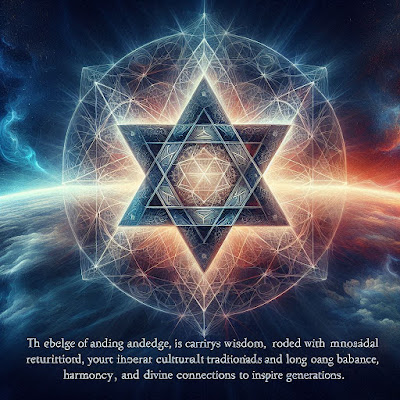The Spiritual Connection: Intercession and the Role of Prayer in Islamic Traditions
The Power of Intercession in Islam: Connecting Prayer, Family, and Divine Mercy
The concept of intercession (shafa‘ah) in Islamic tradition, especially through practices such as prayer, recitation of Qur'anic verses, and supplications, holds profound spiritual significance. Within this context, the recitation of Surah Ar-Rahman stands out as a powerful means of interceding for one's loved ones, both living and deceased, asking for Allah's mercy and forgiveness on their behalf. This belief aligns with Islamic principles of spiritual connection and intergenerational influence, where our acts of worship can impact not only our present but also our family lineage across generations.
Surah Ar-Rahman and Its Intercessory Role
Reciting Surah Ar-Rahman during prayer is believed to invoke divine mercy, and many scholars highlight its intercessory power. The Prophet Muhammad (SAW) is reported to have said that the Qur'an will intercede for its reciters on the Day of Judgment, it is deeply rooted in tradition that the recitation of Qur'anic verses, especially those that highlight Allah's mercy, plays a vital role in spiritual intercession.
The Theory of Intergenerational Prayer and Spiritual Completion
Building on this, there is a belief in Islam that through acts of worship, including the recitation of Surah Ar-Rahman, we can address the spiritual gaps left by our ancestors, fulfilling their missed prayers or shortcomings in their spiritual practices. This concept hinges on the understanding that the spiritual energy generated by our acts of worship can uplift the souls of our departed family members, seeking Allah's mercy on their behalf. This process aligns with the principle of “as above, so below,” where our actions in this life have spiritual repercussions that extend across generations.
In this way, the idea is that we rise to whatever spiritual dimension our family tree has reached in terms of fulfilling Islamic duties, and by performing prayers, reciting Surah Ar-Rahman, and making dua for them, we complete their unfulfilled spiritual obligations. Through such actions, the intergenerational connection is maintained, as we work to spiritually uplift both the living and the deceased.
Prayer Circles and Collective Dua as a Source of Spiritual Energy
Prayer circles, or congregational prayers, serve as an extension of this interconnectedness. When individuals come together in a group to pray or make supplications for one another, the collective energy amplifies the power of the dua. This practice mirrors the concept of intercession in Islam, where the supplications of one individual can benefit not just the person praying but also the entire community, including their loved ones.
During significant moments, such as night prayers (tahajjud), when the heavens are believed to be closest to the earth, the angels are said to carry these supplications and present them before Allah. Thus, collective dua can act as a channel for interceding on behalf of family members, friends, and the broader community, offering them spiritual protection and mercy.
Strengthening the Bond: The Role of Surah Ar-Rahman in Intercession
The recitation of Surah Ar-Rahman can be a personal and powerful act of intercession, extending the reciter’s prayers beyond themselves to their loved ones. It invokes Allah’s mercy, not only for the individual but also for their family, friends, and those they care about. This practice strengthens the spiritual bond between the reciter and their loved ones, offering an opportunity for intercession and spiritual healing.
The Role of Intercession in Strengthening Community Ties
Ultimately, the practice of intercession through prayer, recitation of Qur'anic verses, and acts of worship is a reflection of the profound interconnectedness of the Muslim community. Whether through Surah Ar-Rahman, night prayers, or prayer circles, intercession serves as a reminder of Allah's boundless mercy and the importance of maintaining strong spiritual ties within the family and broader community. This interconnectedness emphasizes the collective nature of faith, where each believer has a responsibility not only to their own soul but also to the well-being of their loved ones, both living and deceased.
In conclusion, Ziarat-e-Ashura, Surah Ar-Rahman, and practices such as night prayers and prayer circles illustrate the intertwined nature of our spiritual duties, showing that the energy generated through worship and supplication can spiritually uplift individuals and their ancestors, ensuring divine mercy and intercession on the Day of Judgment.




Comments
Post a Comment